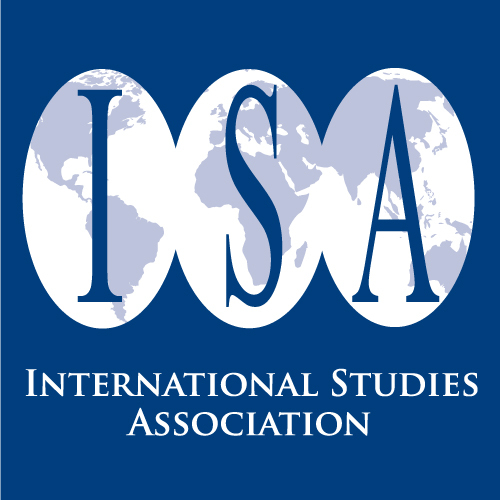Academic Perspectives on #Tech4Dem

Last week thousands of international studies scholars from around the world converged on San Francisco’s Hilton Union Square for the International Studies Association (ISA) annual convention to discuss issues ranging from national security and feminism to democracy and development. The week-long event featured dozens of panels on tech for democracy and development. Although I was only able to attend a few of the many panels on Tech and Democracy and Development, the ones I did attend were engaging.
One panel, “Theorizing Media Governance and Regulation in the Global Information Society,” highlighted trends in the development of legal and regulatory practices across countries and over time. This panel highlighed many of the issues currently being faced by democracy development organizations and activists on the ground. Three of the papers on the panel examined the spread of ICT rules and regulations across national borders. The process of legal and policy creep across borders can significantly affect Internet freedom and access in whole regions and impact the effectiveness of organizations to engage in development activities.
Kirsten Rodine Hardy in her paper on “Global diffusion & regional variation - the case of telecommunications” used data to illustrate policy convergence of countries within geographic areas. This policy convergence can work to spread internet freedom in many instances, however, as is occurring in some regions it can also provide a regional normative cover for practices that stifle civic participation and limit democratic activisim.
Another paper by Roxana Radu, “When Governments Strike Back: SOPA, PIPA, and Global Internet Policy-Making,” examined the responses to proposed telecommunications laws SOPA and PIPA and found “regulatory overreach, lack of stakeholder involvement, and negative transnational policy learning.” Of particular importance to democracy support is the notion of policy learning. Negative policy learning essentially means that a legal or policy tool limiting Internet freedom might gain admirers in other countries. This can have a detrimental effect on the ability of activists and NGOs to engage in certain activities.
Lastly, Jaclyn Kerr in, “Authoritarian Management of (Cyber-) Society: Explaining Global Patterns of ICT Regulation,” used data analysis to identify global patterns in ICT policies transnationally. This paper falls nicely in line with the previous two highlighted and indicates where patterns of behavior in regards to legal and regulatory statues occur. Understanding patterns of behavior can facilitate more effective responses on the part of democracy development organizations and on the ground activists. (None of the papers are publicly available online, unfortunately.)
Many of the papers presented are still drafts or in the process of being refined and added to. However, the preponderance of evidence from the event and the panels I attended suggest a few things. First, academia is taking notice to the role technology is playing in democracy development. This is a major leap forward from even a couple years ago when panels on technology and democracy support were few and far between.
Second, the amount of data available to academics is still lacking. Panelists cited over and over a general lack of data on actual ICT usage. What data is available is limited in scope and sporadic.
Third, tech is being used and is affecting the way in which democracy development and governance is occurring. All panelists, across a broad range of panels, were consistent in citing the importance of technology in democratic development. The evidence presented suggests a continued need for cognizance on the part development of organizations in the inclusion of technology in projects. This cognizance is related to the use, by governments, of rules and regulations to slow or prevent the spread of ideas.
If you would like to know more about a specific paper or would like to see the full ISA annual convention click here.
